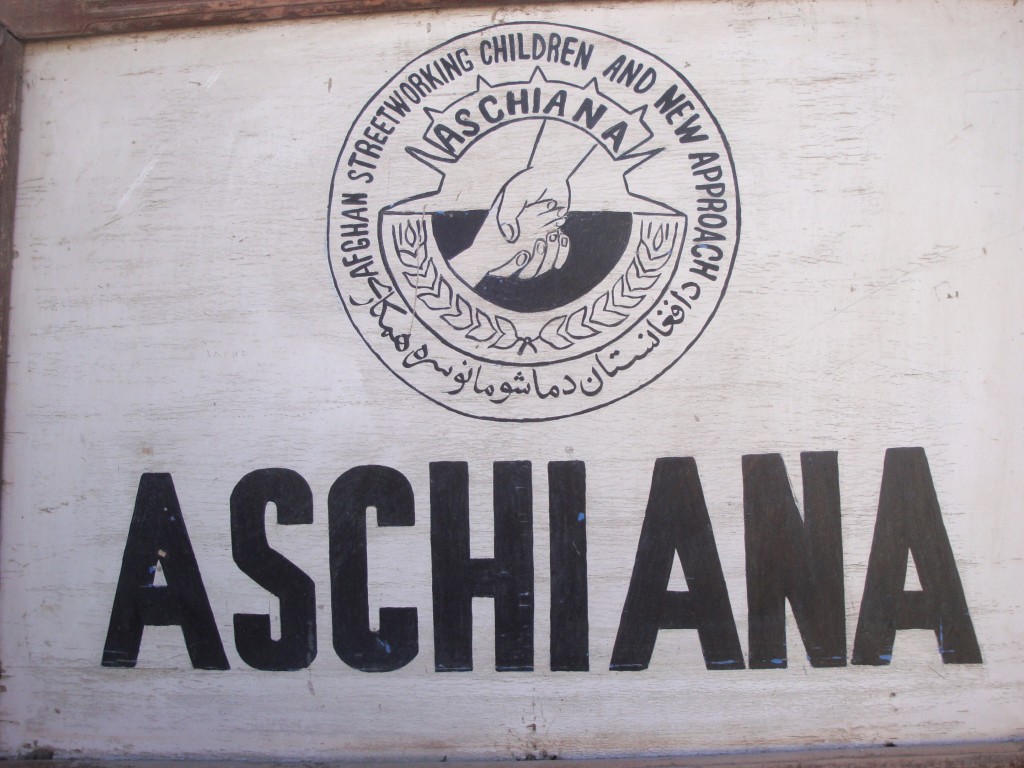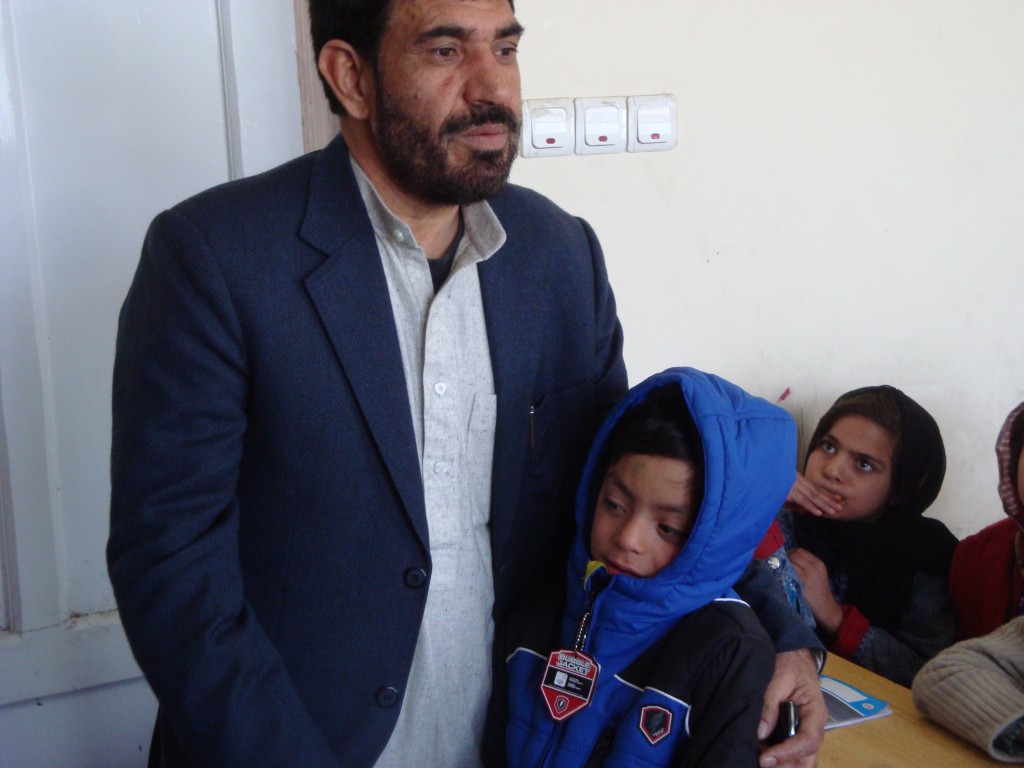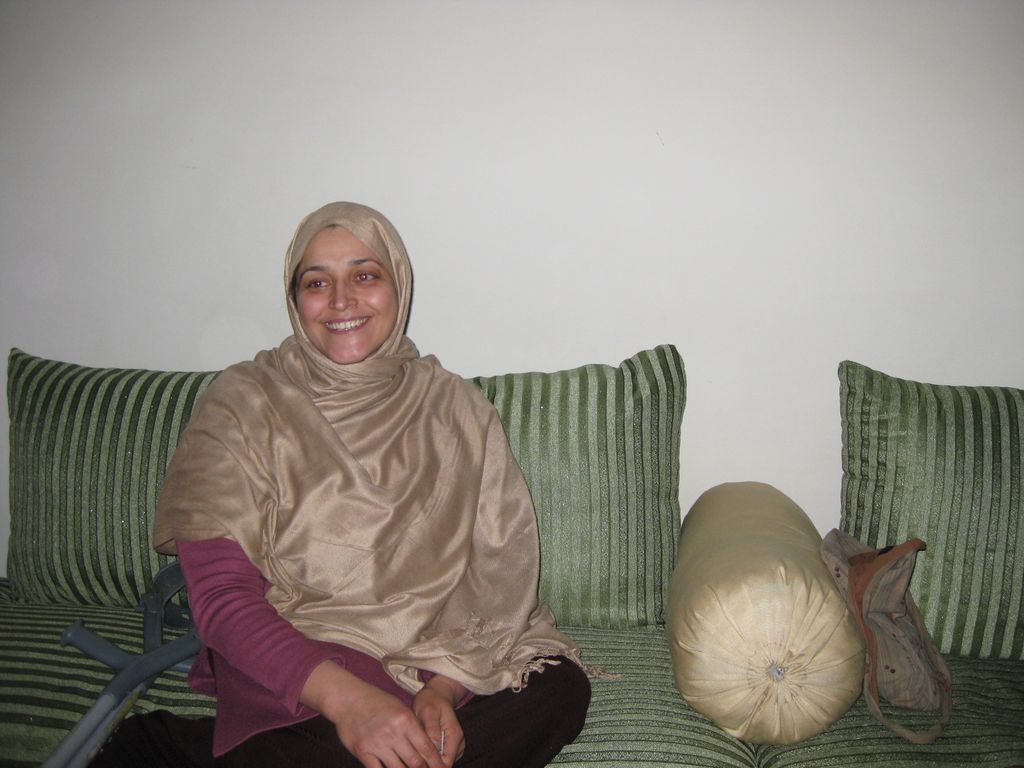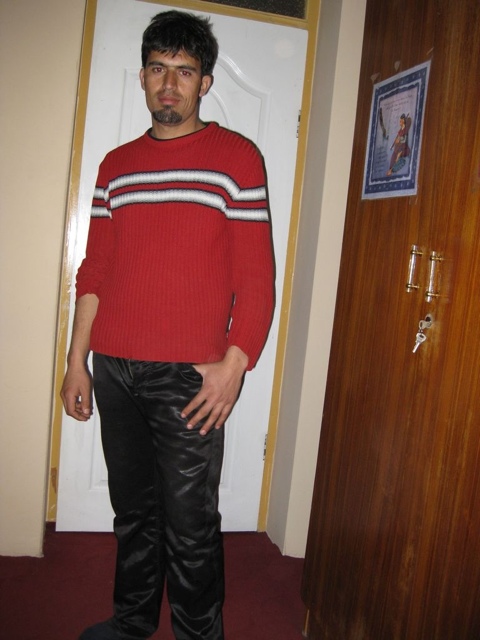I’ve been back from Afghanistan for 2 weeks now, here is a list of questions people have asked me about the trip. Please feel free to email me any other questions you might have and I’ll try to address them on the trip page
Why did you go to Afghanistan?
I’ve been trying to go to Afghanistan for almost 8 years. I became interested in Afghanistan in high school when I met Patricia Whalen the International Association of Women Judges and women from the Afghan Women Judges Association. In college I was a Near Eastern Studies major, I studied Persian and Pashto and wrote my thesis on the Legal Systems of Afghanistan. While the University of Chicago supported my studies, I couldn’t find anyone to support a trip to do research.
Who did you go with?
I went with Global Exchange on their International Women’s Day in Kabul Reality Tour. It is their 10th year of doing reality tours in Afghanistan. The trip focused on women’s rights and women’s organizations as well as other NGOs and peacekeeping organizations.
Our tour-guide and translator was Najibulla Sedeqe, who was instrumental in parlaying (sp?) our way into some really interesting situations. My fellow travelers were a Unitarian Minister named Tim Kutzmark and freelance journalist named Salena Tramel.
How did you get there?
My flight went from New York to Frankfurt, Frankfurt to Dubai, Dubai to Kabul.
Where did you stay?
We stayed at the Afghans for Tomorrow Guesthouse which I think is mostly aptly described as kind of a bed and breakfast. Downstairs were the offices for Afghans for Tomorrow. We had a cook, a maid, a porter/night guard and pretty much anything you could ask for.
How is your Arabic?
Terrible, I don’t speak Arabic, but neither do Afghans. In Afghanistan they speak a Persian dialect called Dari and another indo-european language called Pashto. In college I learned the Iranian dialect called Farsi which is very similar to Dari and I took an intensive Pashto course one summer. I didn’t really want to risk being misunderstood in the complex political discussions we were having during the day, but in the mornings and the evenings I was able to talk to the guest house staff in Farsi.
How did you deal with the heat?
Afghanistan is considered the Middle East, but it’s not a part of Arabia or North Africa; it’s not a desert. It’s a mountainous region of Central Asia and as such, the weather was really quite cold. The snow was just starting to melt during the first week of March, and it was 30°-50° F during the day and colder than that at night.
What was a typical day?
We did about equal parts sight seeing and meeting people. Our first meeting was usually around 9, so the 5 of us (Zarif, the driver, Najib, the tour guide, Tim, Salena and myself) would all pile into the toyota corolla around 8:30 and to go to a meeting or two in the morning. Then we would stop for lunch at a restaurant. After that we’d have another meeting or go to see a sight in the afternoon and return home by dark, around 5 or 6. I’d write in my journal, we’d eat dinner at the house and I’d fall asleep.
(When I say sightseeing, it’s true in that we went to see sights; lakes, gardens, mosques, museums, etc., but not in the sense that you might think. There is very little tourism in Afghanistan, especially over the winter, and we didn’t really see any other westerners.)
What did you eat?
Bread and tea were the staples of my diet in Afghanistan. The bread is like the naan you would find at an indian restaurant (except fresher and better) and the chai was generally weak green tea, which was perfect for me because it was just enough caffeine to get through the meeting, but not enough to make me crazy. The tea also kept us warm as not all the buildings were well heated. Every single place we went they offered us tea.
For breakfast we had tea and bread with cheese or jam, and the cook often made us scrambled eggs.
For lunch we ate out at nice-ish restaurants and ate kebabs, rice, bread, sometimes soup, dumplings or curry.
For dinner we had soup and a vegetable dish of some sort, our favorite was eggplant, but we also had delicious cauliflower curry and dumplings.
What did you wear?
I wore the hijab, and I’m glad I did since I didn’t see one woman in public without it. Every islamic country has a different interpretation of women’s dress, in Afghanistan the norm was long loose pants, a long sleeved tunic or shirt that went past your hips and a hijab. It was really cold so I also had a long coat on every day. I wrote a little more about it on this earlier post.
What was the situation for women there?
I’ve been asked this question a few times and I don’t really know how to answer it. I’ll just say this, there were women in almost every job in Afghanistan, police officers, judges, parliamentarians, judo masters, doctors, etc. but the only single women we met were widows, and we didn’t meet any women who didn’t have children. We rarely saw women on the street on the weekends (Thursday and Friday are the weekend in Kabul) and in more conservative areas we saw women only in burkas.
Where did you go?
We stayed mostly in Kabul but we took a day trip to the Panjshir valley to see Massoud’s tomb and a day trip to the village of Istalif.
Did you take pictures?
I did, but unfortunately my house was robbed last week and they stole the camera with most of my pictures on it before I got a chance to upload them. My fellow travelers took some great pictures though so I will link to them, and I also have one memory card with some of my pictures but I haven’t been able to see what was on it.
How did they feel about Americans and the War on Terror?
In Kabul I heard 3 things with surprising consistency; the biggest problem or challenge in the country is lack of security, the Pakistani government is to blame for many of the country’s problems, and everyone we asked wanted to keep US or international involvement in some respect. We talked mostly to middle-class urbanites in Kabul, but this was the anecdotal evidence we were able to gather.
You can see the evidence of 30 years of war in and around Kabul, in every neighborhood our tour guide pointed out a building that had a suicide bomb attack, the palace and museum were destroyed, we went through check-points almost every day. But I can’t imagine what it’s like in the countryside.
What about the Qur’an burning and the massacre?
I got to Afghanstan days after the Qur’an burning and the streets were calm. Our tour guide told us that there had been some peaceful protests where the police took care of security, but that these were over. The people we talked to were very upset about what happened, but they had heard Obama’s apology and they understood that it was an accident, they also said their mullas had told them to be patient and calm. I was in New York when the massacre happened and haven’t heard what the Afghan reaction has been.





